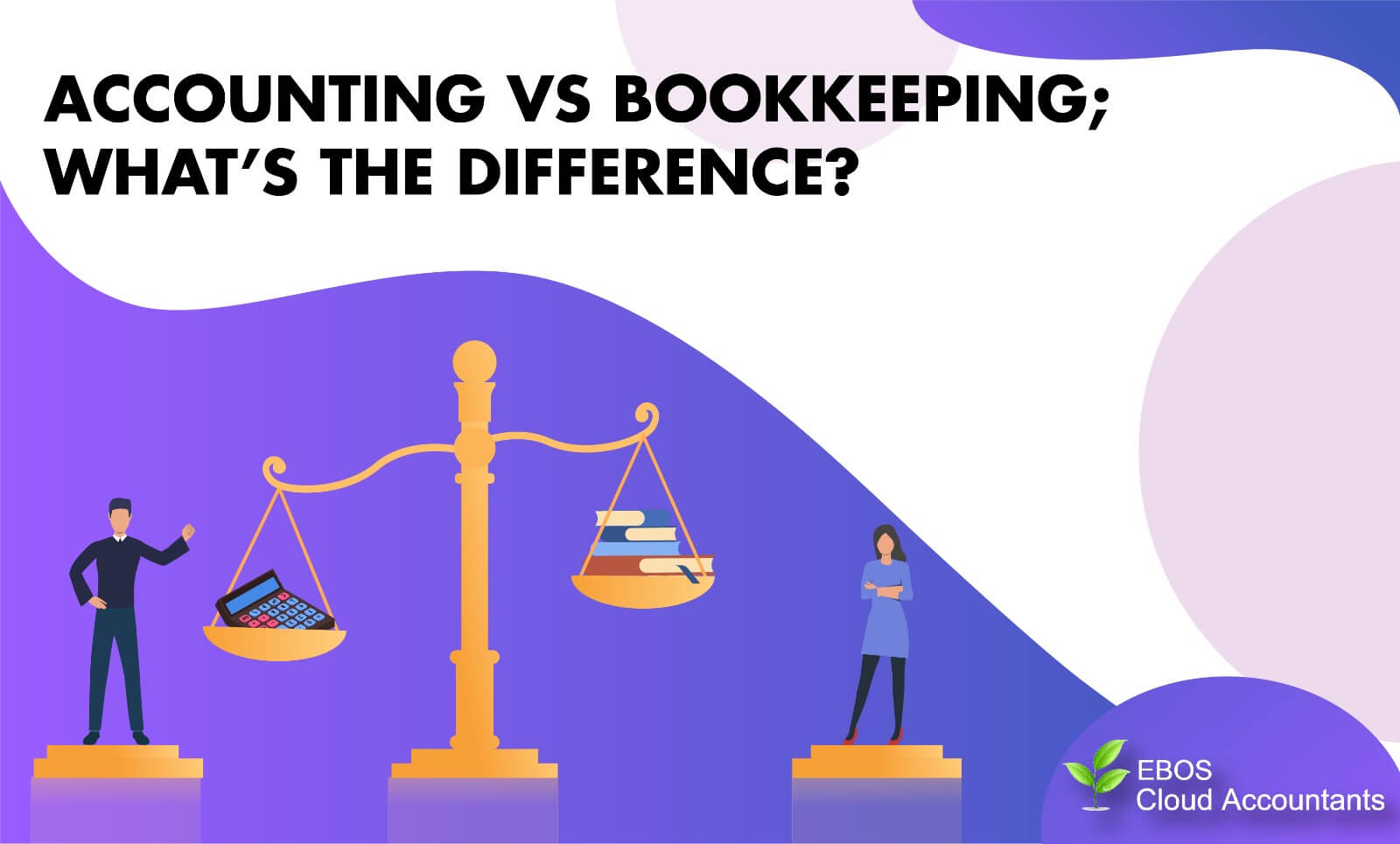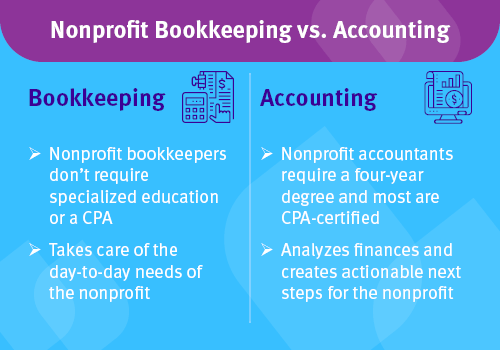

Using the documentation and records collected from the bookkeeper, a small business accountant is able to aggregate the information to make financial evaluations and advise the business owner. We’ll go into the job specifics a little later- but first let’s take a look at the functions of a business accountant. Some bookkeepers will also handle accounting tasks, and others will also deal with employee services, like managing payroll for example. Like any position, the responsibilities of a bookkeeper can vary depending on the business. In general, a bookkeeper’s primary goal is to maintain consistent records to make business management and accounting easier. Functions of a Bookkeeperīookkeepers help small business owners keep their financial paperwork and account history in tact. Now that you have a basic understanding of bookkeeping and accounting, let’s dive into the functions these roles serve as well as examine the day-to-day responsibilities of each to give you an even more in-depth understanding. That’s where bookkeepers and accountants come in to make small business operations run smoother, and help owners gain peace of mind regarding their business finances. Missing even a minor red flag could in fact, put your business in the red if you’re not careful. When you’re working with an already limited budget and narrow profit margins, staying on top of your expenses is one of the most important responsibilities of owning a business. It’s important to monitor the ebbs and flows of any business’ expenses and income- but the importance of this role takes on a whole new meaning when we’re talking about small businesses. Maintaining proper financial records and monitoring the business’ standing helps business owners stay in compliance, and also promotes business growth. Accountants then work subjectively- using the recorded information and financial reports to help the business owner make strategic decisions to better manage finances, or identify areas of concern or growth. The general overview of the two goes as follows: Bookkeepers tend to work in a more administrative sense- recording and filing financial transactions. Hiring for Bookkeeping and Accounting Services.Bookkeeping and Accounting Similarities.Major Differences Between Bookkeeping and Accounting.


While these are extremely important roles to fill, few business owners actually understand the difference between bookkeeping and accounting. These responsibilities are generally assigned to your bookkeeper or accountant. If you’re a small business owner you likely have someone on staff (or even yourself) managing your company’s financial records and budget.


 0 kommentar(er)
0 kommentar(er)
